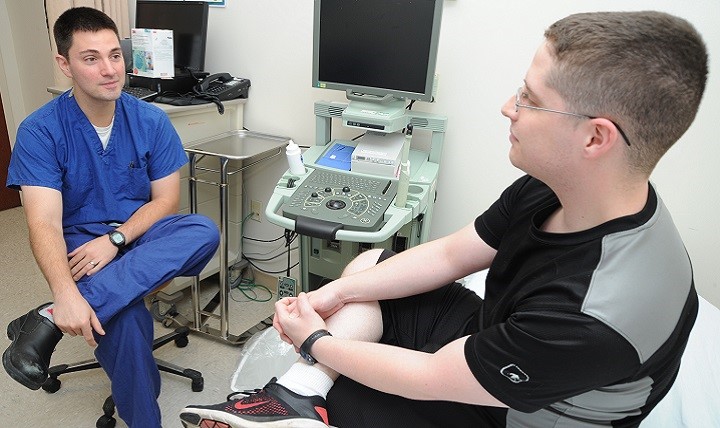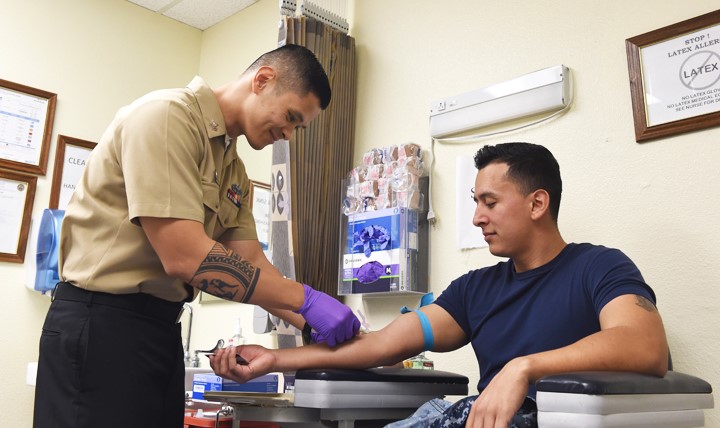Thinking about getting an STI test? You should if you are experiencing any symptoms or if you have had unprotected sex with a new partner – symptoms or otherwise! Here are some things to know:

1. A test and screen are two different things
Your doctor will carry out a test if you are displaying symptoms of an STI. If you aren’t, but you have had unprotected sex, a screen will give you the all-clear on all STIs. This is also the service to go for if you are considering having unprotected sex with your partner.
2. Different STIs need different types of test
If you have a screen you may need to do a urine test and do a blood test. Your doctor will let you know. For basic chlamydia tests, such as those delivered by post, a urine or swab test will be required.
3. You no longer need to have a swab
A few years ago, some STDs required a rather uncomfortable swab – but today’s tests simply require a urine test. This means that there isn’t any discomfort and makes it far easier to have a home test.
4. Screening is free
STI testing and screening is free when you use an NHS clinic or pharmacy, including GUM clinics and NHS postal services. There are plenty of places to have STI testing London wide, with home options and extended clinic options.

5. Testing is easy
You can eat and drink as normal before a screen, but if you’re going to give a urine sample, wait for a couple of hours beforehand for the clearest results. This is because the test is designed to collect the STD’s DNA – and a wee beforehand may clear too much of this out.
6. Results are fast
You’ll usually have just a couple of days to wait before getting your results. You can get a phone call or opt to log in to a secure website to see your results. Find out more at checkurself.org.uk/plus/
7. You may be asked to return
Some STIs are visible immediately with a test, but some blood tests – HIV in particular – may not show up for a period of time after infection. In this case you may be asked to return, and your doctor will give you more advice.


